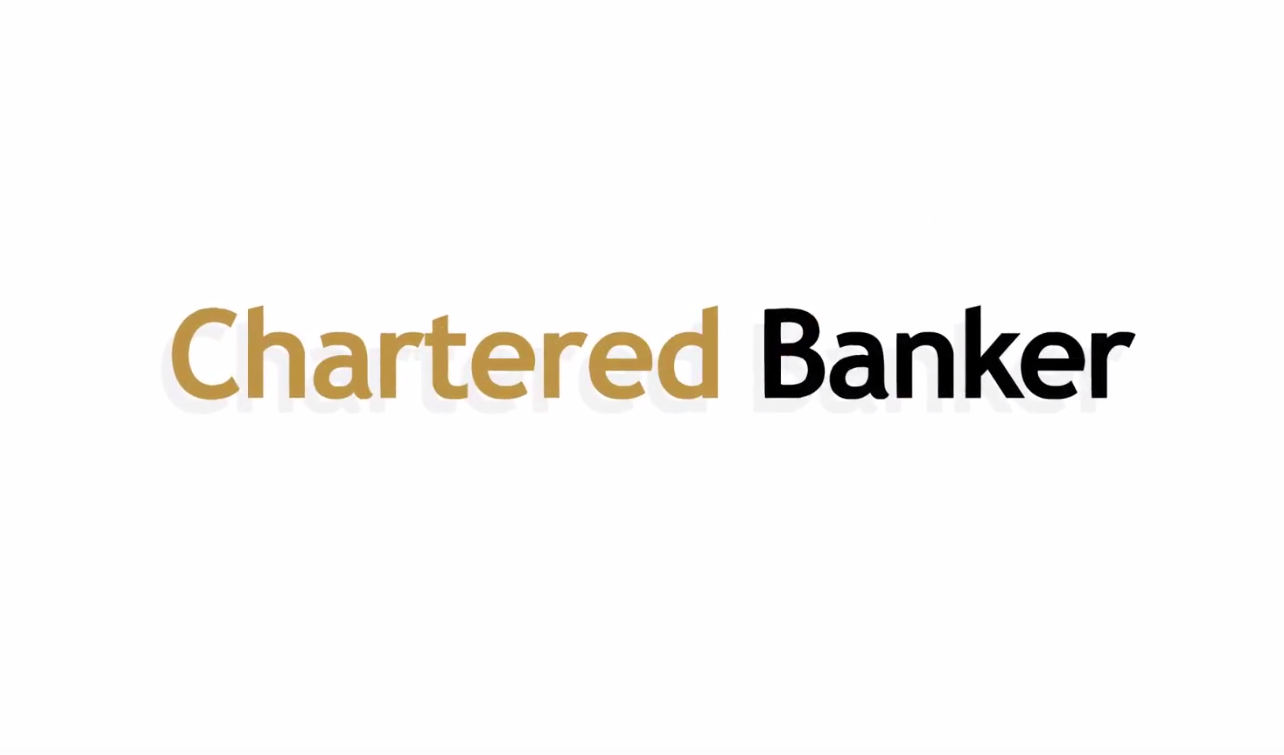Responsible Banking and Sustainable Finance with the INTEGRITY Principles
Simon Thompson, CEO of the Chartered Banker Institute, has created the INTEGRITY Principles: a set of voluntary principles aimed at financial professionals to help them take sustainability and responsible banking practices into account within their daily roles and activities.
In order to truly incorporate sustainability into their everyday decision making, finance professionals should approach responsible banking practice with INTEGRITY.
The INTEGRITY Principles:
I - Integrate sustainability into your professional practice, using your banking and business expertise and skills.
N – Nurture and nourish the culture of your team(s) and, where you can, your organisation, to establish professional norms aligned with the objectives of the Paris Agreement and UN Sustainable Development Goals. Ultimately sustainability should not form part of an organisation’s strategy but rather must be embedded in a firm’s purpose and culture (i.e. firms must adopt, or be working towards, a “deep green” approach).
T - Target transparency - measuring progress and reporting the positive and negative environmental and social impacts of financial decisions is critical in order to monitor progress towards the objectives of the Paris Agreement, and other sustainability goals.
E – Engage with established principles and guidance: you should follow established principles, standards, frameworks and guidance wherever possible, and encourage other banking and finance professionals to do the same.
G – Give professional advice and guidance to your customers, clients and colleagues that prevents greenwashing: you should take active steps, including exercising your professional judgement and professional scepticism, to avoid both deliberate and inadvertent greenwashing.
R – Take Responsibility: you and your organisation must hold yourselves accountable and take responsibility for the impacts of your strategies, activities, operations and decisions.
I – Inspire an inclusive approach: you should appreciate that a successful whole economy transition requires working with customers, clients, colleagues, communities and a wide range of external stakeholders to create shared and sustainable prosperity for all. You need to work beyond the boundaries of your own organisation, and share good practice with others through networks such as the PRI, PRB and GFANZ.
T – Think long-term - a short-term focus on financial returns is incompatible with a successful net zero transition by 2050. A long-term view engenders the creation of shared, sustainable prosperity for all. Different finance professionals may have different time horizons (e.g. banking: 3-5 years, pensions: 50 years) but all need to adopt a longer-term perspective.
Y – You, the professional banker, can make a difference! Continue to develop, apply and share your knowledge of responsible banking so that best practice in some institutions in various countries becomes standard practice across banking and finance everywhere.

